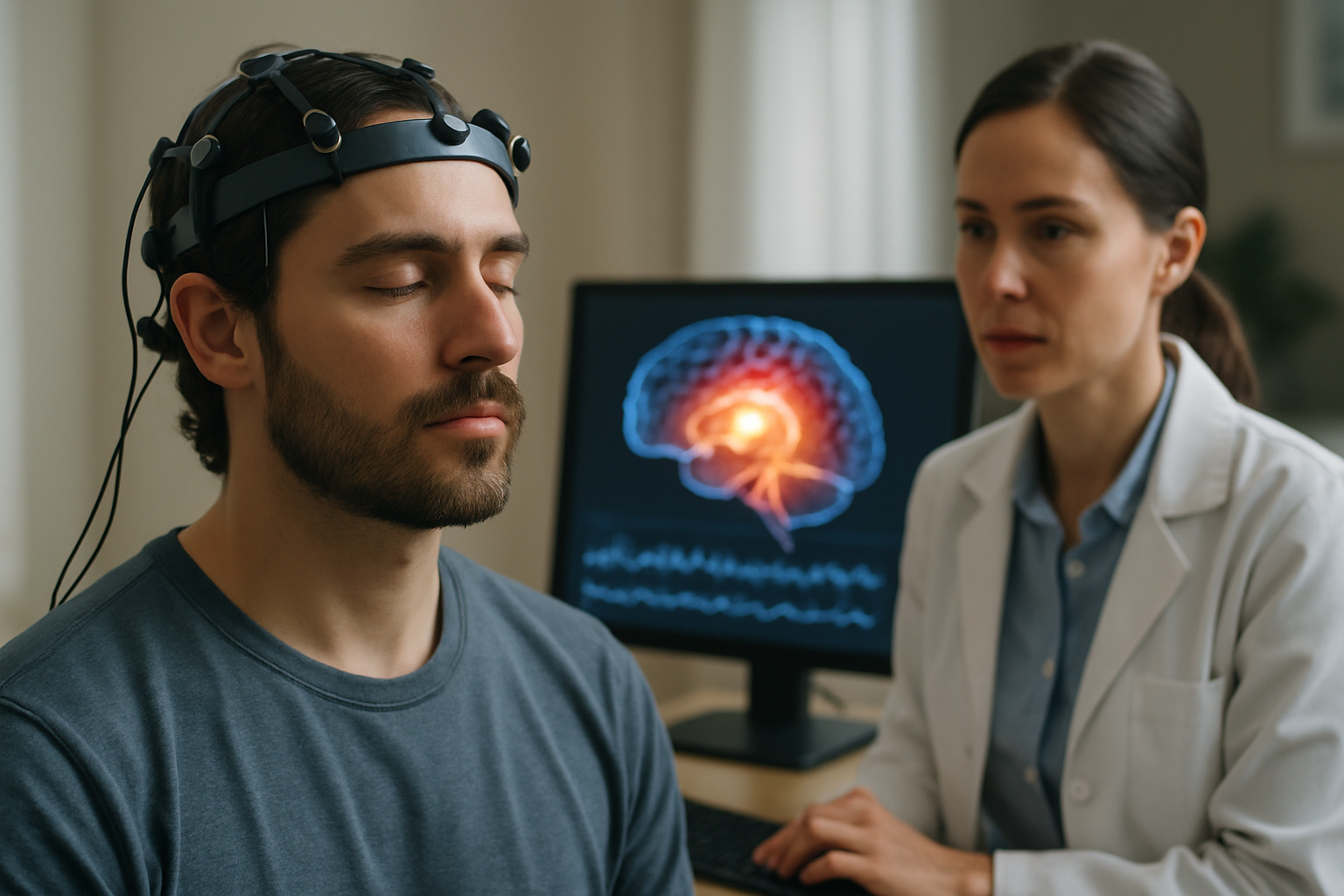Understanding Neurological Disorder Treatment: A Comprehensive Guide to Care and Recovery
Neurological disorders affect millions of Americans each year, impacting the brain, spine, and nervous system. Getting proper treatment from qualified neurologists and specialized care centers is crucial for managing these conditions effectively. This guide explores the various aspects of neurological disorder treatment, helping patients and families understand their options and pathways to better health.

What Are Common Neurological Disorders That Require Treatment?
Neurological disorders encompass a wide range of conditions affecting the nervous system. Common conditions treated by neurologists include epilepsy, multiple sclerosis, Parkinson’s disease, stroke, migraine headaches, and Alzheimer’s disease. Each condition requires a unique treatment approach, often combining different therapeutic methods for optimal results.
How Do Neurologists Diagnose Neurological Conditions?
The diagnostic process at a neurological care center typically begins with a comprehensive evaluation. Neurologists use various diagnostic tools including:
-
Detailed medical history review
-
Physical and neurological examinations
-
Advanced imaging (MRI, CT scans)
-
Electroencephalogram (EEG) studies
-
Blood tests and genetic screening
-
Nerve conduction studies
What Treatment Options Are Available for Neurological Disorders?
Modern neurological disorder treatment encompasses multiple approaches:
-
Medication management
-
Physical therapy and rehabilitation
-
Occupational therapy
-
Speech therapy
-
Surgical interventions when necessary
-
Alternative therapies (under medical supervision)
-
Cognitive behavioral therapy
What Role Do Neurological Care Centers Play in Treatment?
Specialized neurological care centers provide comprehensive treatment programs coordinated by teams of experts. These centers offer:
-
Access to multiple specialists under one roof
-
Advanced diagnostic equipment
-
Coordinated care plans
-
Regular monitoring and adjustment of treatments
-
Support services for patients and families
-
Clinical trial opportunities
How Can Patients Optimize Their Treatment Outcomes?
Success in neurological disorder treatment often depends on:
-
Following prescribed treatment plans consistently
-
Attending all scheduled appointments
-
Maintaining detailed symptom journals
-
Making recommended lifestyle modifications
-
Participating actively in rehabilitation programs
-
Building a strong support network
-
Regular communication with healthcare providers
What Are the Leading Neurological Care Centers and Their Specialties?
| Care Center | Primary Specialties | Key Features |
|---|---|---|
| Mayo Clinic | Multiple Sclerosis, Movement Disorders | Comprehensive care teams, cutting-edge research |
| Johns Hopkins | Stroke, Epilepsy | Advanced technology, specialized programs |
| Cleveland Clinic | Brain Tumors, Spine Disorders | Innovative treatments, multidisciplinary approach |
| UCSF Medical Center | Neurodegenerative Diseases | Leading research facility, personalized care |
| Massachusetts General | Memory Disorders, Headache | Integrated care model, clinical trials |
Note: Treatment costs vary significantly based on condition, location, insurance coverage, and treatment duration. Independent research and consultation with insurance providers is advised before making treatment decisions.
This article is for informational purposes only and should not be considered medical advice. Please consult a qualified healthcare professional for personalized guidance and treatment.




